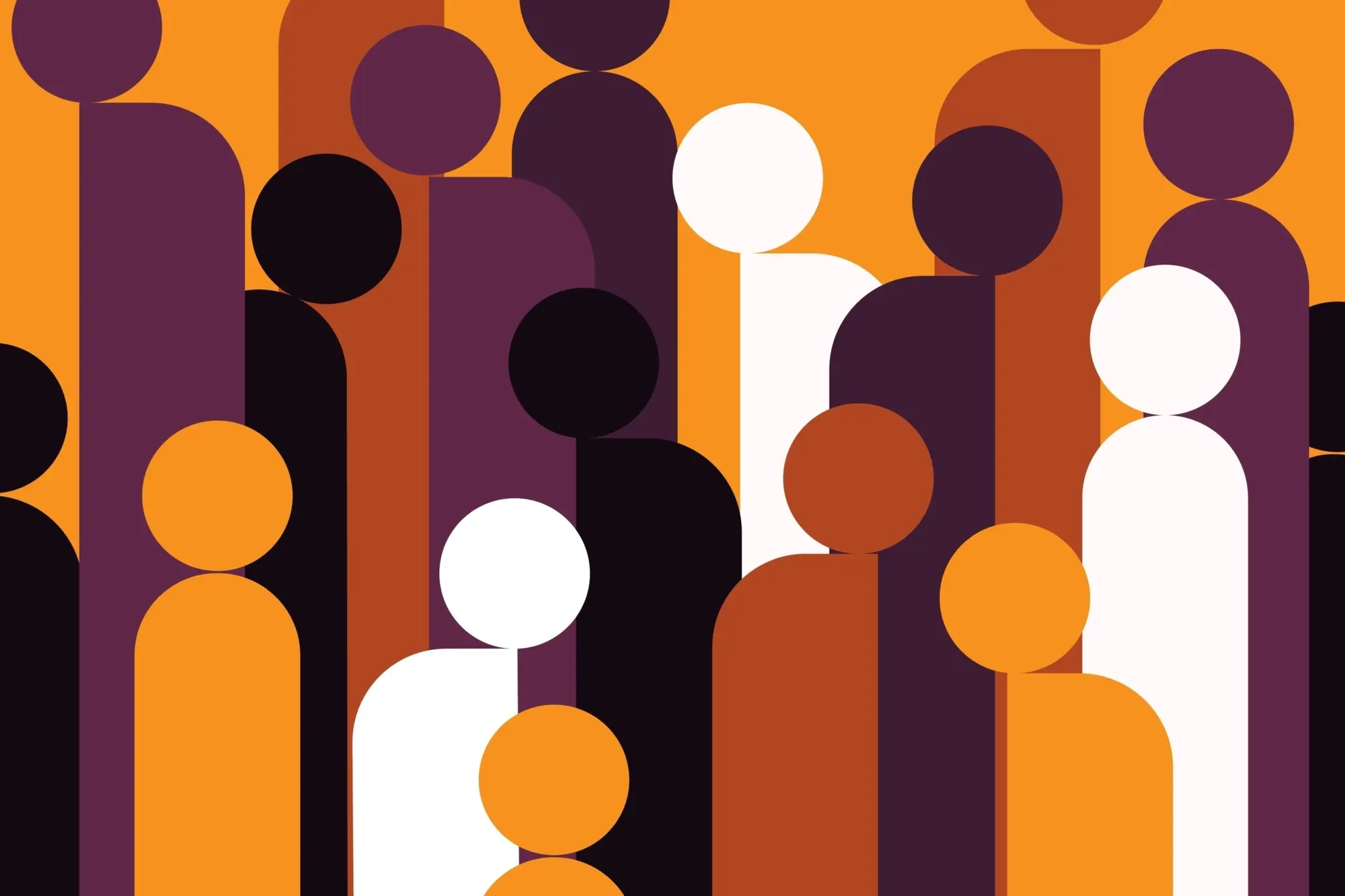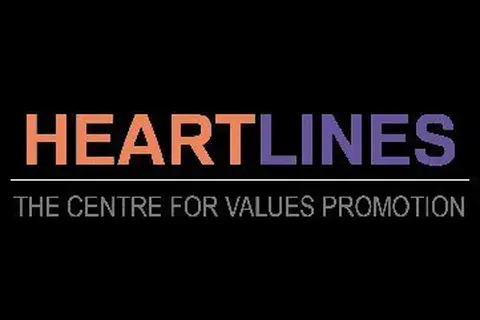A new chapter for social behaviour change
Heartlines has joined the Wits School of Public Health as a co-convener of the South African chapter of the African Society for Social and Behaviour Change (AS-SBC). The two organisations’ belief that people-centred social and behaviour change initiatives are crucial to impacting neighbourhoods, communities and institutions in the long term, lies at the heart of this fledgling collaboration.

The broad intention of the South African chapter of the AS-SBC is to bring together like-minded practitioners in the country, working in many diverse spaces including values-based work, edutainment, public healthcare, democratising community institutions and research to share lessons, best (and possibly less-than-best) practices, challenging moments and intractable systemic issues in the work we do.
If you are part of an organisation that broadly uses SBC
in its programming for social, health or economic interventions, or if
you are an individual/researcher interested in SBC, we would love to
have you join our South African chapter of the AS-SBC. This will not be
forum for SBC ‘experts’ alone, but a loose network of like-minded people
who are generally interested in the field. Please fill out this short questionnaire to get started.
We hope that this knowledge sharing space is not only useful for networking, but for generating innovation, for finding peer-support and for energizing each of our areas of work. In short it is the basis of what we hope will become a community of practice in the context we find ourselves in.
The first initiative of the SA chapter was to convene local practitioners of SBC for a watch party of the AS-SBC Summit in July 2024, introducing attendees to each other, and proposing an initiative that will support the new Chapter’s community of practice. Practitioners of SBC were given research diaries within which to script the kinds of reflections that typically would not be captured in reporting or formal evaluations, but are as much a part of the learning and deepening of practice as those formal metrics of impact. The plan is for some of the reflections from individual practitioners’ research diaries to be shared with others, in a safe environment, and to form the basis of learning, support, informal input and innovative ideas to some of the everyday challenges faced in the SBC space.
Learning visit with UNICEF-Malaysia
In June 2024 Heartlines also conducted a learning visit with UNICEF-Malaysia, which focuses its work on the intercultural context of that country, and crucially is involved with supporting other state and civic organisations through their SBC journey in the long-term, both in the organisational learning itself, as well as the programmes they then implement.
In the South African context, the SBC interventions of multilateral institutions tend not to focus on long-term organisation outcomes, but instead play in the same space of programmatic interventions as other NGOs. The learning visit to UNICEF Malaysia is beginning to help Heartlines think through its own identity as playing a convening role within the various focus areas of its programmes interventions.
For instance, Heartlines created a platform for robust engagement, support and learning between organisations of parenting, fathering and social and community leadership practitioners in the Western Cape, as part of its social impact. The engagement between the organisations is seen to be as crucial as the individual programmes each of us run. Similarly, a content portal is being designed by Heartlines, which seeks to direct organisations to a repository of best practice so that this can support the learning and engagement within the community of practice.

Caryn Abrahams
Caryn works at the Wits School of Governance and consults with the Heartlines research unit. She teaches, supervises and researches in the fields of urban governance and political discourse in policy.
Featured
